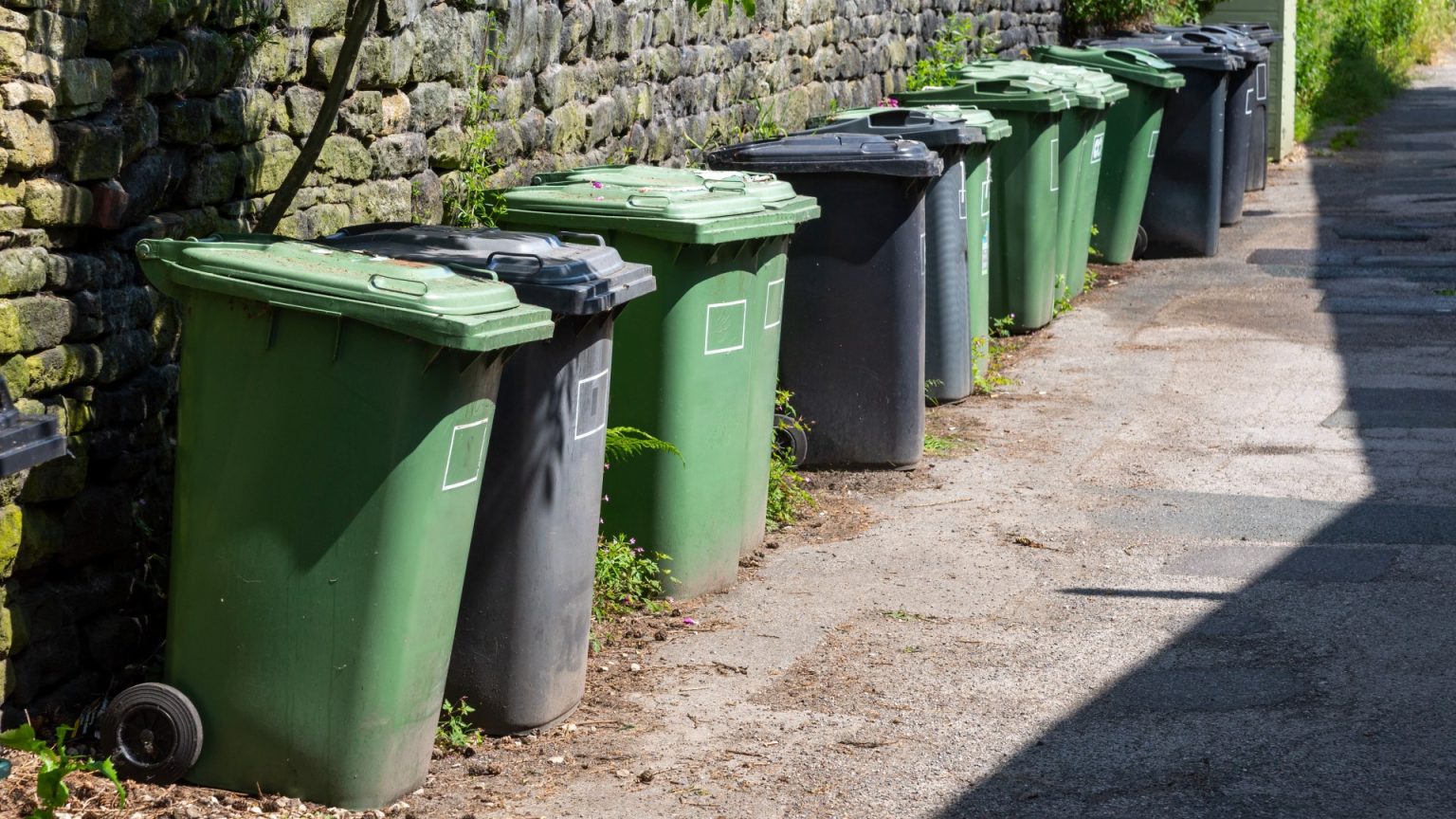Rotherham Metropolitan Borough Council is implementing a stringent new waste management policy aimed at improving recycling rates and reducing contamination costs. This policy, which will be piloted in two yet-to-be-determined areas starting in April 2025, introduces a “traffic light” system for monitoring recycling bin contamination. First-time offenders will receive a yellow warning tag, followed by an orange tag and a warning letter for subsequent infractions. A third offense will result in a red tag and a fixed penalty notice, potentially costing between £80 and £400. Failure to pay the fine could lead to court action and a maximum penalty of £2,500. Conversely, residents who consistently adhere to the recycling guidelines will be rewarded with a green tag, reinforcing positive behavior. The council emphasizes that contaminated bins will not be emptied until the offending items are removed.
The council’s rationale for this crackdown stems from the significant financial burden of contaminated recycling. The authority claims that improper disposal of waste costs over £1 million annually in extra disposal fees and lost recycling revenue. This new policy aims to curb these losses while also helping the council achieve its recycling target of 45%. The council’s waste management software and on-board technology in bin lorries will be utilized to monitor compliance, track missed collections, and verify contamination claims. Furthermore, the council will investigate complaints about bins left out after 7pm on collection day, potentially leading to enforcement action.
The new policy also addresses the issue of residents claiming missed collections. The council’s waste management software will be used to verify whether the bin was genuinely missed or tagged due to contamination. To improve communication and understanding of recycling guidelines, the council plans to implement educational campaigns through various media channels. These campaigns will focus on reducing contamination and promoting better waste sorting practices.
The proposed policy has drawn criticism from the TaxPayers’ Alliance, which argues that the complex recycling rules and potential for increased fines place an undue burden on households. They advocate for a simpler, less bureaucratic approach to waste management. This criticism comes amidst a backdrop of potential council tax increases and changes to national waste collection policies.
On a broader national scale, recent changes to government policy regarding bin collections have also sparked debate. The Labour government has withdrawn a previous Conservative proposal mandating fortnightly rubbish collections, giving local authorities more autonomy to determine their own schedules. This could lead to less frequent collections, with some councils, like Bristol, considering monthly pickups. This shift has raised concerns about increased household waste, potential hygiene issues, and the impact on council tax. The government argues that these changes, along with a proposed increase to a default of four bins per household for waste separation, will simplify recycling and improve street cleanliness.
The Labour government defends its approach as a necessary step towards streamlining recycling practices and addressing a “postcode lottery” in waste management. They criticize previous Conservative plans for requiring up to seven separate bins as overly complex and impractical. Conversely, opponents argue that the flexibility afforded to local authorities could lead to less frequent collections and a deterioration in waste management services, particularly in areas facing budget constraints. This debate highlights the ongoing challenge of balancing environmental goals, cost-effectiveness, and public convenience in waste management strategies.











